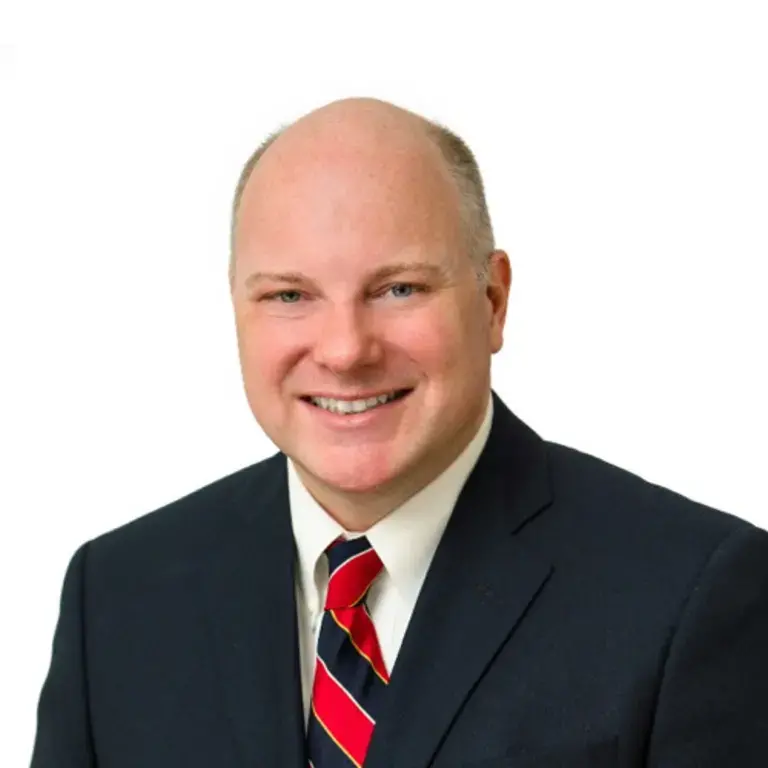The exchange between insurance brokers and property/casualty underwriters can be thought of as an extended Q&A session. It is a dynamic of asking questions and sharing answers about the exposures and hazards of a commercial business that is seeking insurance protection. The discussion becomes a little more in-depth with each round, honing in on critical aspects of business risk, and how to solve for them. This type of interplay results in an industry of inquisitive insurance professionals with a mindset of determining how our products can support a business’ growth and success.
As a student in the Insurance Management MPS program with this perspective on mitigating the risk of others, I have been intrigued by the Columbia SPS Career Design Lab’s United Nations Think-a-Thon and The Greater Good Challenge. Last fall, I satisfied my curiosity by accepting the invitation to observe The Greater Good Challenge; a competition to pitch different business concepts “to improve the social, economic, political, technological and environmental conditions of mankind, societies and the planet…” Some of the businesses featured included a platform for reporting environmental and sustainability metrics to the investment community, technology to support sustainable water usage in farming, and designers of green roofs and urban gardens. Additional creative projects will be presented through the Think-a-Thon as will other innovative business cases when The Greater Good Challenge returns this Fall.
The smart underwriter knows that social policy is changing rapidly and that there is a role for the insurance industry at the forefront of global SDG conversations. Like many industries, insurance companies will compare how their ESG goals measure up against their investment policies, human capital & recruitment strategies, and even their existing policyholder portfolios. While many of these may be strategic discussions at the C-suite level, line underwriters and management can also proactively shape the underwriting portfolio of a sustainability-conscience future by capitalizing on an underwriter’s innate inquisitiveness.
As companies, such as those that participate in the Greater Good Challenge, and others like them launch, they will all need commercial insurance, which is an underwriter’s dream. However, as start-ups they will have no historical experience and will be using untested new technologies and techniques; a typical underwriter’s nightmare. The common ground we have is that these companies, just like underwriters, are trying to provide a social good through their products.
Companies that supply emergency power or clean water provide a self-evident social good. Insurance as a for-profit industry may not be thought of in the same way so readily. Insurance, however, is a safety net that affords someone else the confidence to take a risk. Taking on someone else's risk is a social good, and as a helping hand, insurance has served the global community for centuries. In thinking about different products, there are must-haves (food) and nice-to-haves (jewelry) while insurance falls in between as a should-have. Underwriters provide that should-have option.
Educating ourselves on sustainability focused start-ups, taking the time to understand newly employed technologies, and offering the vast amounts of risk mitigation services that insurance companies have at their disposal, underwriters can support these businesses. With insurance capacity and coverage at a reasonable cost, these businesses would have the protection needed to innovate and expand confidently in industries aimed at solving the negative effects of climate change and other global challenges. These are businesses worthy of being insured.
The views expressed are those of the author and do not necessarily represent the views of any other person or entity.
